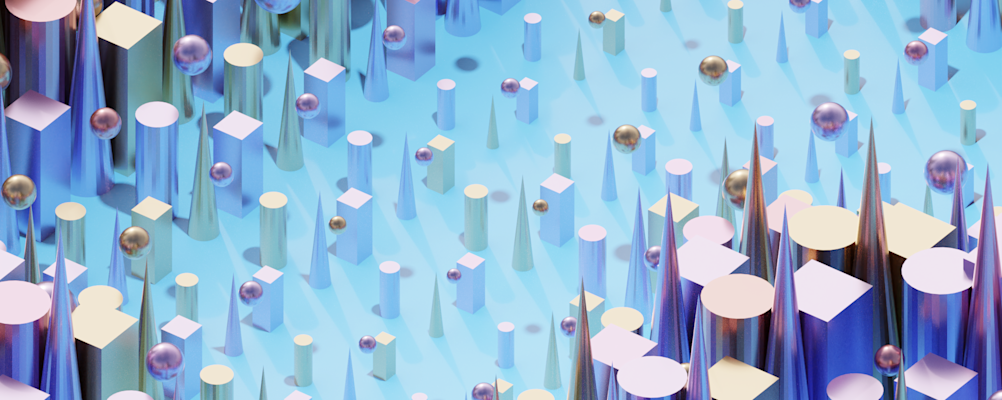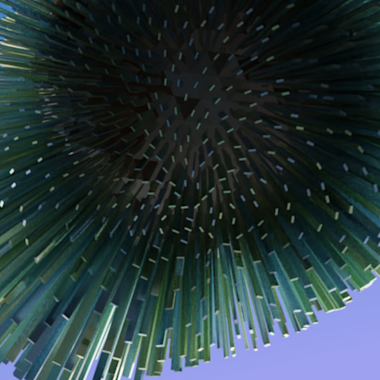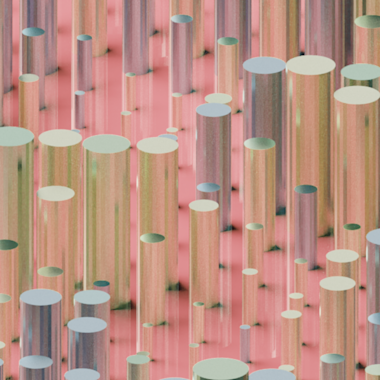Thursday
- Civic Robots - red
Prototyping a place for robots in a civic society
by: Tomasz Jaskiewicz, Rotterdam University of Applied Sciences; Iskander Smit, Foundation Cities of Things
"The Cities of Things Lab 010 project builds upon the broader research into the relation we, as citizens, have with new “citythings" that already start to populate our cities (Lupetti et al., 2018). As part of the Lab, we have developed a low-cost kit for building neighborhood robots, or “wijkbots”. In co-creation with citizens of Rotterdam, we have used this kit to create a variety of wijkbot prototypes. Through that, we investigated ways in which neighbourhood robots can be part of local communities, stimulate local entrepreneurship, or trigger systemic transformations, while also introducing new risks and ethical dilemmas. The prototypes also enabled a broader, critical reflection on the interactions between the robots and the local residents, forming together one digital society.
The research provided use with new insights on approaches for establishing balanced relationships between humans and robots in the context of several cases in the city of Rotterdam. We are now eager to extrapolate and relate these findings to other communities, cities and opportunities, while exploring new forms of civic engagement emerging in the envisioned robot-inclusive digital society.
In the working session we will investigate the applicability of the Wijkbot kit to cases brought forth by workshop participants, both in respect to the development of new kinds of neighbourhood robots, as well as exploring specific aspects of their interactions with individuals, communities and systems. We will share our experiences on the methodology and the open-source toolkit and facilitate further knowledge and know-how exchange through the growing www.wijkbot.nl online platform. Through this, we hope to initiate new collaborations with other researchers and practitioners, and next iterations of involved research and its applications."
- Careful AI futures - blue
Using care perspective for responsible AI development
by: Meike Hardt, Karin Bogdanova, Delft University of Technology
"Goal: To explore how notions of "care" could be used as a fruitful perspective to guide responsible and ethical AI development with a group of researchers and practitioners
To care It is to express love and commitment but also to allow yourself to be burdened and disquieted. It is to strive to provide protection for the vulnerable, but also to grapple with the trap of gaining dominance over them. Therefore, designing from the perspective of care encourages taking the account of the asymmetries in power relations, the mutual responsiveness, and relational justice.
In this workshop, our aim is to discuss questions such as:
- how care could shape the way AI research and development is practiced,
- how care might enable designers to take action in areas related to social justice, inclusivity, and democratic participation in society.
- how care perspectives can inform future scenarios of alternative human-AI relationships.
During the workshop, we will identify core issues and concerns and co-create approaches to operationalize care in two cases, namely
- using personal sensing technologies for mental health:
- Can medical surveillance be redesigned into a practice of care?
- How can AI become a part of a care network of people experiencing mental distress?
- AI-driven decision-making systems for public spheres.
- Can care perspectives lead to the design of democratic and fair AI systems in public spheres?
- What alternative future scenarios can we think of through the lens of care for democratic, responsible and fair human-AI relationships?"






